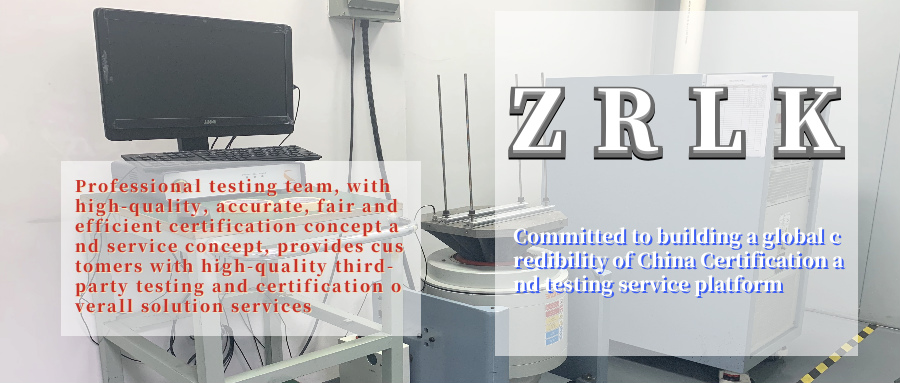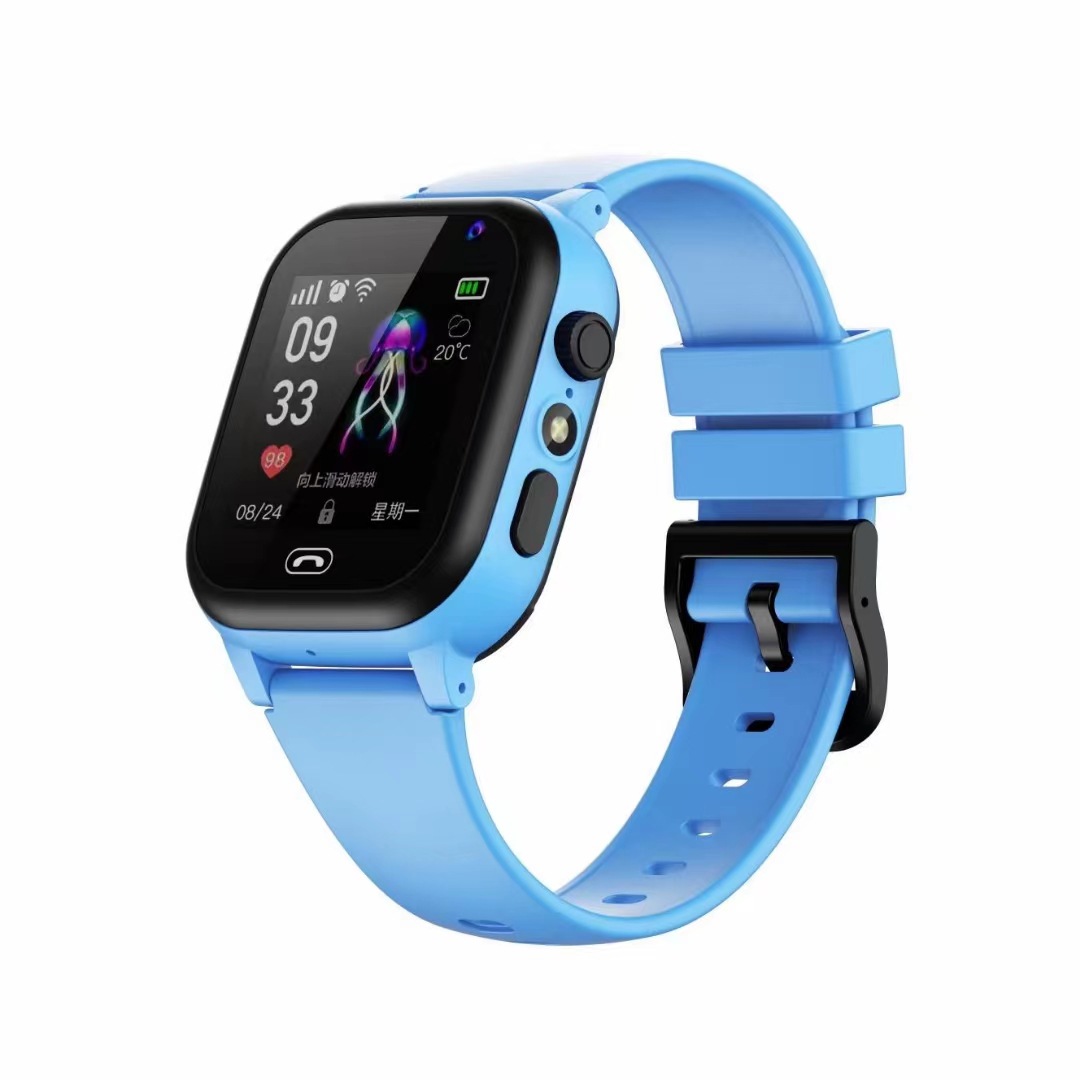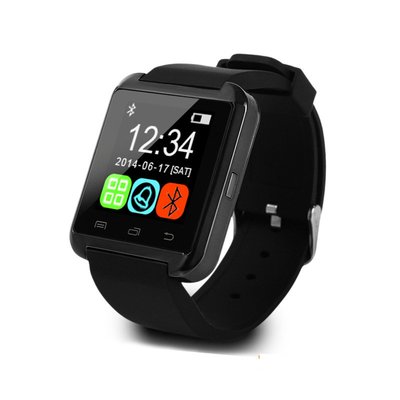<small id="wg64m"></small> 
basic introduction
In Japan, toys for children under the age of 6 and products that can be placed in the mouth must be complied with the requirements of the Japan Food Hygiene Law (JSFL) to ensure product safety. Toy manufacturers, retailers or importers who want to enter the Japanese market must prove compliance with the Japan Food Hygiene Law (JFSL) and obtain an official testing laboratory certification from the Ministry of Health, Labour and Welfare (MHLW).
ZRLK is an independent third-party testing laboratory, widely recognized worldwide, and is recognized by the Ministry of Health, Labour and Welfare (MHLW) of Japan
The official laboratory can provide comprehensive testing and certification services in accordance with the Japan Food Hygiene Law (JSFL). The test report issued by ZRLK is approved by Japan Customs and Japan Quarantine Station.
ST Standard-ST Mark Program
The Japan Toy Safety Standard (ST Standard) was developed by the Japan Toy Association (JTA) and provides additional safety protection for toy manufacturers, retailers and customers who intend to play with children under the age of 14 through the ST Mark Program. STC has also been recognized and approved by JTA's designated overseas testing laboratory in Hong Kong:
Article 11-Basic Principles of Toy Safety Standards and Toy Safety Marks Program,
Test Category: Toy Safety Standard Part 3-Chemical Properties
Part III-Chemical properties include
Evaporation residue
formaldehyde
Heavy metals
Pigment migration
phenol
Potassium permanganate consumption
Phthalates (BBP, DBP, DEHP, DIDP, DINP&DNOP)


KC certification is a mandatory certification system implemented in South Korea for electronic and electrical products, aimed at ensuring that products comply with South Korea\'s safety and electromagnetic compatibility standards. The Korean market has strict quality control over imported goods, and smart rings, as electronic products, must pass KC certification in order to be legally sold in the Korean market.
CE-RED certification is a mandatory compliance requirement of the European Union for wireless devices. For smartwatches with wireless functions such as Bluetooth and Wi Fi, its importance is mainly reflected in the following three aspects.

The Brazilian market has enormous potential, but in order to successfully enter, ANATEL certification is an essential first step. As an authoritative standard certified by the Brazilian Communications Authority, ANATEL certification is not only a guarantee of product quality, but also a legal entry threshold into the Brazilian market.
In Japan, toys for children under the age of 6 and products that can be placed in the mouth must be complied with the requirements of the Japan Food Hygiene Law (JSFL) to ensure product safety.
Get a quote